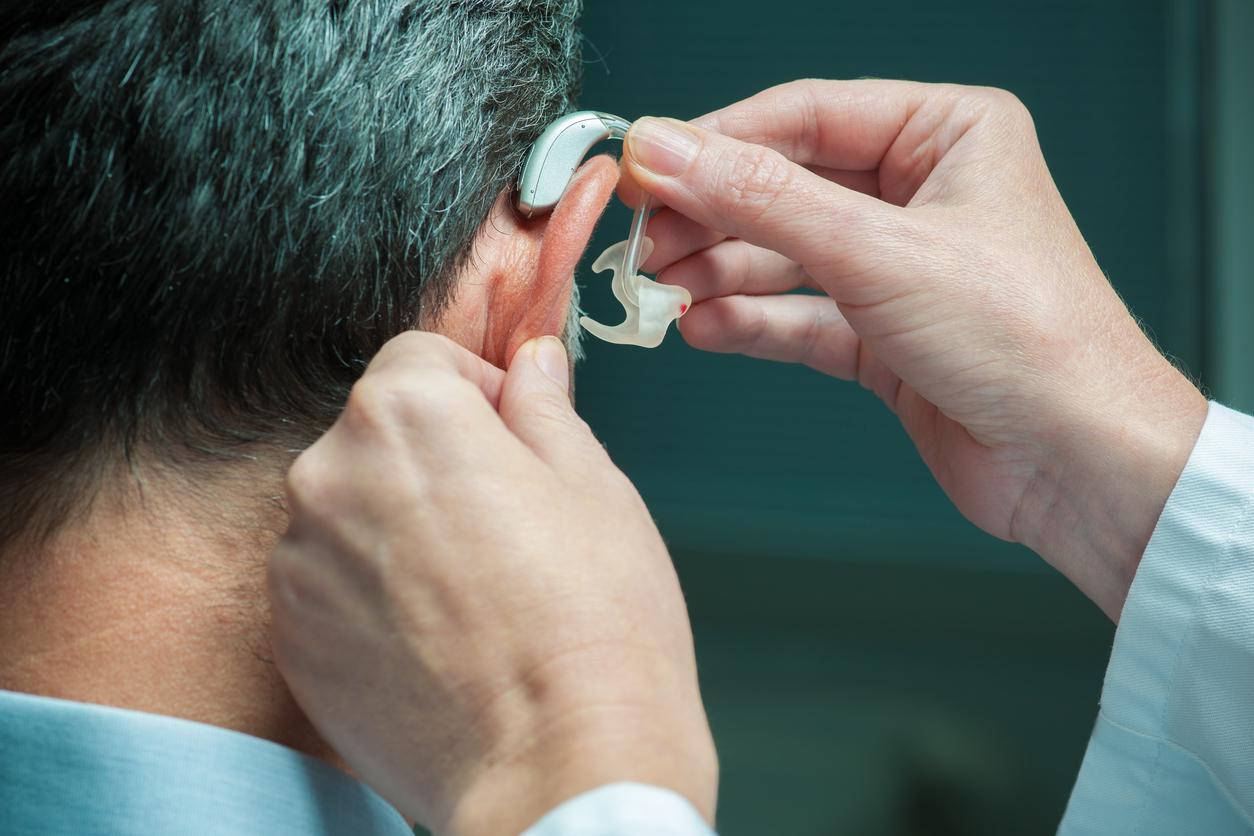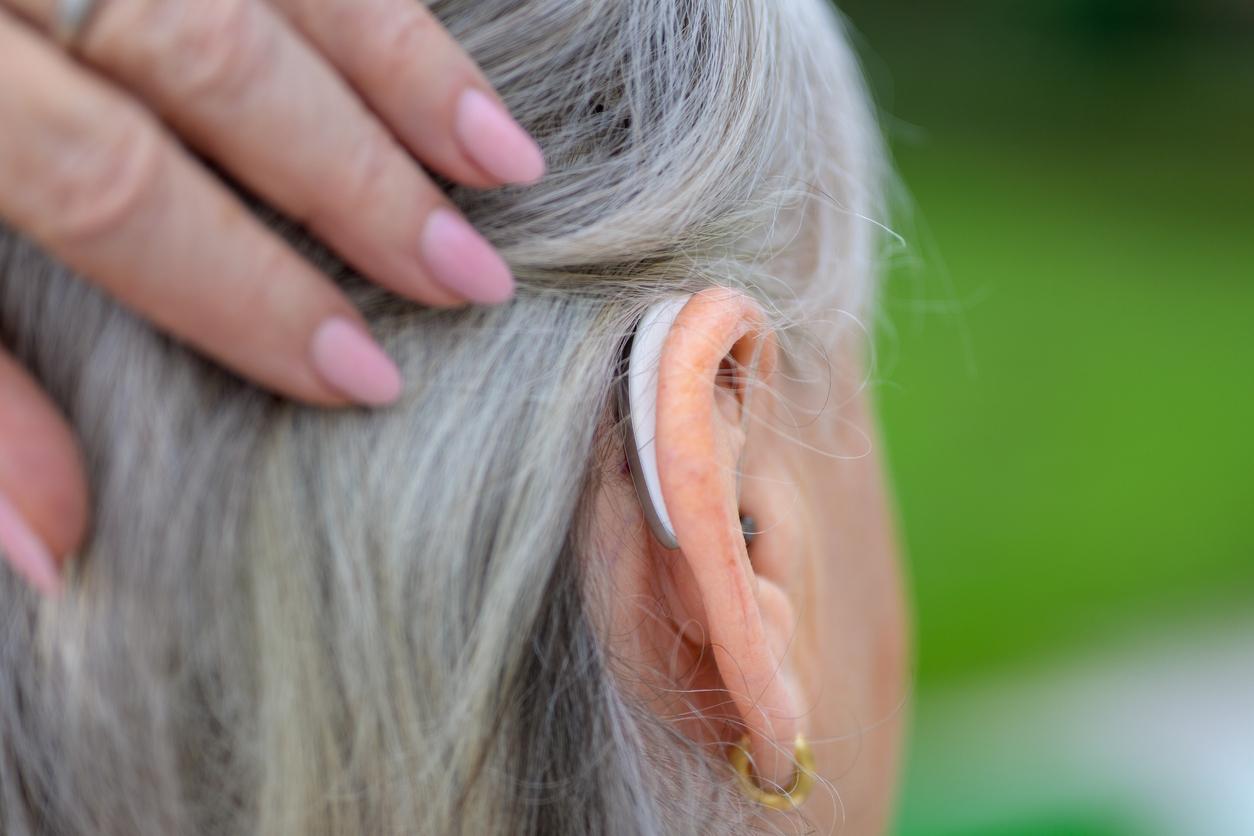Researchers at the University of Iowa have identified how our brain recognizes words.

- Researchers at the University of Iowa have discovered how people recognize words they hear.
- There are 3 processes of word recognition: wait-and-see, sustained activation, and slow activation.
- Auditors appear to adopt a hybrid strategy with a different degree of each of these processes.
While it only takes a few milliseconds for our brain to recognize a word we hear, its approach to determining which one was spoken remains mysterious. By working with hearing-impaired people equipped with cochlear implants, researchers at the University of Iowa have managed to shed light on the processes of identifying spoken language.
Their study was published online on August 29, 2024 in the journal Nature Communications.
Word recognition: 3 processes identified
The research team recruited 101 people with cochlear implants. They were asked to listen to a word spoken through speakers and then select from four images on a computer screen the one that matched the word they heard. Eye-tracking technology allowed the scientists to see how and when each volunteer made their choice.
“The experiments revealed that cochlear implant users, even with different hearing abilities, used the same basic process to select spoken words as people with normal hearing.”the researchers specify in their press release.
Thus, listeners use three methods of identifying spoken language.
The most observed method among participants is wait-and-see. This is based, to some extent, on the method Wait and SeeThat is, the person waits up to a quarter of a second after hearing the word to firmly decide which one was spoken.
Some volunteers also use sustained or slow activation. In the first case, the listener hesitates a little between several terms before deciding. The other is based on the same method, but the evaluation between the different possibilities is slower.
“Importantly, each auditor appears to adopt a hybrid strategy, with a different degree of each method,” add the authors.
Hearing disorders: a study that could improve care
“This study allowed us to discover that people do not all function in the same way, even in terms of how they recognize a word”says Bob McMurray, corresponding author of the study. “People seem to come up with their own solutions to the word recognition challenge. There’s no one way to use a language. It’s pretty crazy when you think about it.”
And these findings from participants with hearing loss also apply to people without hearing problems.”What we see very clearly in the way cochlear implant users recognize words also happens in many people,” assures the expert.
If their work improves understanding of spoken language processing, the scientist and his team hope that their work will help develop strategies that can improve the management of hearing disorders and hard of hearing. “Our goal is to have a more refined method than just asking them: How well do you hear? Do you have trouble understanding speech in the real world?”explains Bob McMurray.


















